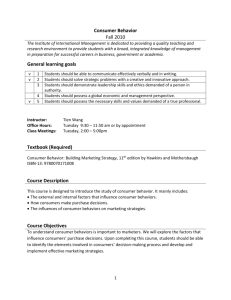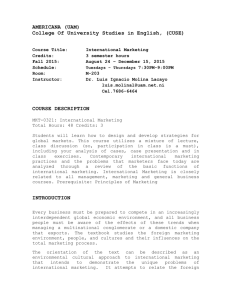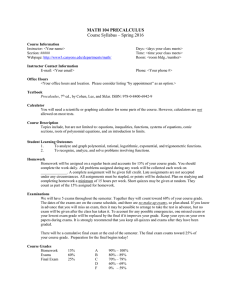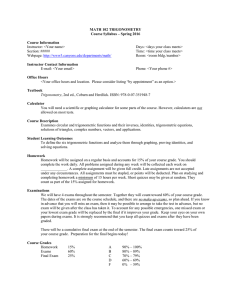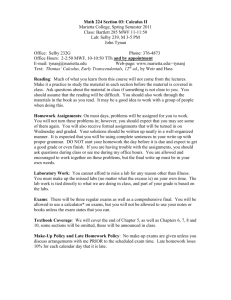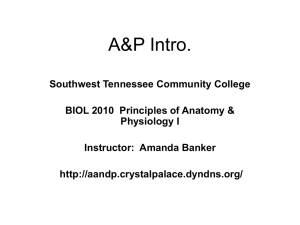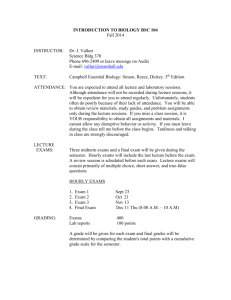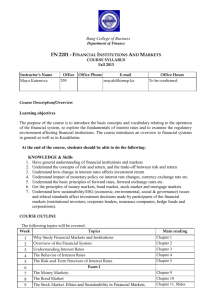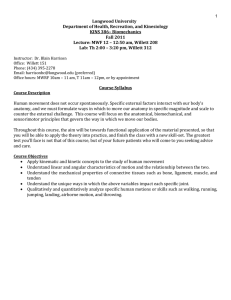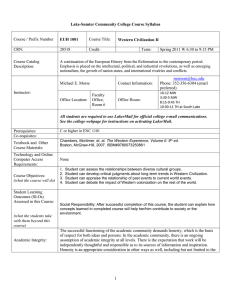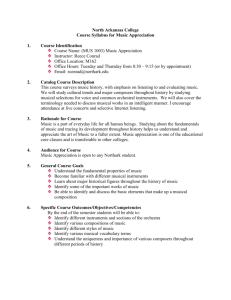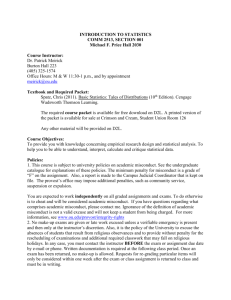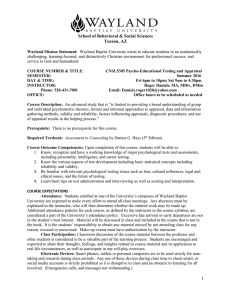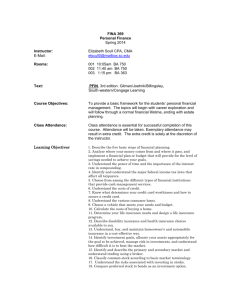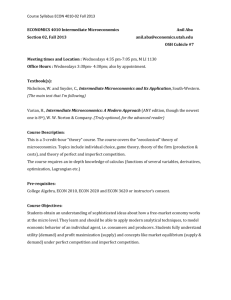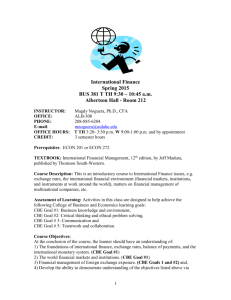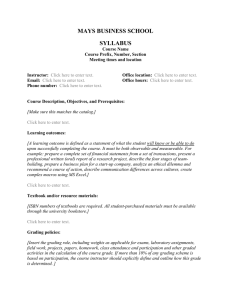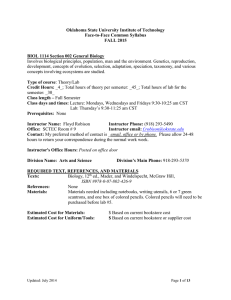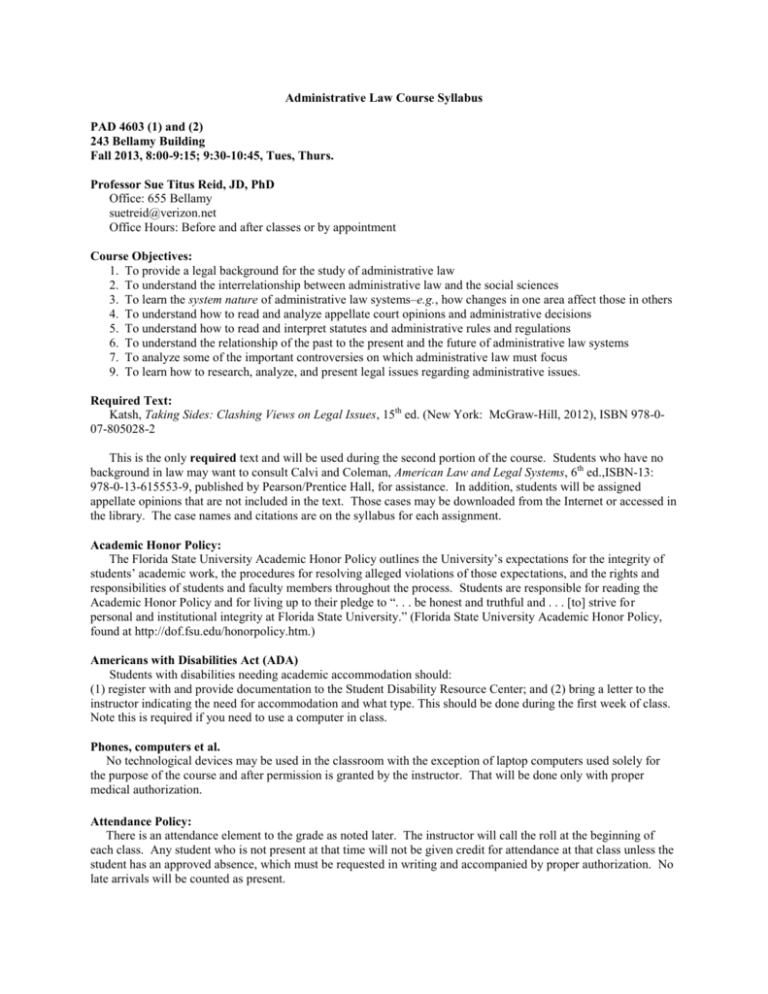
Administrative Law Course Syllabus
PAD 4603 (1) and (2)
243 Bellamy Building
Fall 2013, 8:00-9:15; 9:30-10:45, Tues, Thurs.
Professor Sue Titus Reid, JD, PhD
Office: 655 Bellamy
suetreid@verizon.net
Office Hours: Before and after classes or by appointment
Course Objectives:
1. To provide a legal background for the study of administrative law
2. To understand the interrelationship between administrative law and the social sciences
3. To learn the system nature of administrative law systems–e.g., how changes in one area affect those in others
4. To understand how to read and analyze appellate court opinions and administrative decisions
5. To understand how to read and interpret statutes and administrative rules and regulations
6. To understand the relationship of the past to the present and the future of administrative law systems
7. To analyze some of the important controversies on which administrative law must focus
9. To learn how to research, analyze, and present legal issues regarding administrative issues.
Required Text:
Katsh, Taking Sides: Clashing Views on Legal Issues, 15th ed. (New York: McGraw-Hill, 2012), ISBN 978-007-805028-2
This is the only required text and will be used during the second portion of the course. Students who have no
background in law may want to consult Calvi and Coleman, American Law and Legal Systems, 6th ed.,ISBN-13:
978-0-13-615553-9, published by Pearson/Prentice Hall, for assistance. In addition, students will be assigned
appellate opinions that are not included in the text. Those cases may be downloaded from the Internet or accessed in
the library. The case names and citations are on the syllabus for each assignment.
Academic Honor Policy:
The Florida State University Academic Honor Policy outlines the University’s expectations for the integrity of
students’ academic work, the procedures for resolving alleged violations of those expectations, and the rights and
responsibilities of students and faculty members throughout the process. Students are responsible for reading the
Academic Honor Policy and for living up to their pledge to “. . . be honest and truthful and . . . [to] strive for
personal and institutional integrity at Florida State University.” (Florida State University Academic Honor Policy,
found at http://dof.fsu.edu/honorpolicy.htm.)
Americans with Disabilities Act (ADA)
Students with disabilities needing academic accommodation should:
(1) register with and provide documentation to the Student Disability Resource Center; and (2) bring a letter to the
instructor indicating the need for accommodation and what type. This should be done during the first week of class.
Note this is required if you need to use a computer in class.
Phones, computers et al.
No technological devices may be used in the classroom with the exception of laptop computers used solely for
the purpose of the course and after permission is granted by the instructor. That will be done only with proper
medical authorization.
Attendance Policy:
There is an attendance element to the grade as noted later. The instructor will call the roll at the beginning of
each class. Any student who is not present at that time will not be given credit for attendance at that class unless the
student has an approved absence, which must be requested in writing and accompanied by proper authorization. No
late arrivals will be counted as present.
Exams:
Two objective exams consisting of 50 questions each will be given. They must be taken as scheduled unless
prior permission is granted by the professor (such permission is rarely given and only under extraordinary
circumstances) or the student has an extreme emergency. All medical reasons for missing exams must be
documented by medical personnel who have actually seen and treated the student immediately prior to or during the
assigned class period at issue. Any student who has permission to take a make-up exam and cannot do so during the
semester at the scheduled time for makeups will be given an Incomplete for the course. To remove that Incomplete,
the exam must be taken during the regularly scheduled time for that exam during the following semester. That exam
may differ in content and form. The exams may cover any material presented during the classes whether by
instructor or during student presentations. The test scores will not be curved.
Student Presentations:
Early in the semester each student will be assigned a topic for further study. During the latter part of the course
students will present their findings on this topic to the class for discussion and debate. The topics are noted later in
this syllabus. Details concerning this assignment, along with topics assigned, will be presented to the class on
Tuesday, September 10. Students must be present on that day or make prior arrangements with the
instructor. Failure to do so could result in a required term paper rather than a presentation.
Grades:
The grading scale will be approximately as follows:
A = 90-100 (A- for 90-94)
B = 80-89 (B+ for 87-89, B for 84-86, B- for 80-83)
C = 70-79 (C+ for 77-79, C for 74-76, C- for 70-73)
D = 60-69 (D+ for 67-69, D for 64-66, D- for 60-63
F = below 60 (zero for any assignment not completed)
Grades will be based on the following:
First exam
100 points
Second exam
100 points
Oral Class presentation
100 points
Research for class presentation 100 points
Class attendance
100 points
The instructor may add up to 50 points for any student whose class participation is exemplary throughout the
semester.
Class assignments by class date: Cases must be downloaded from online
Aug. 27 Introduction to the course: Statutory construction
U.S. v. X-Citement Video, Inc., 513 U.S. 64 (1994)
29
Functions of Law in Society and Introduction to types of law:
Bob Jones University v. United States, 461 U.S. 574 (1983)
Sept. 3 The function of courts and the role of administrative law: Focus on the hands-off policy toward
administrative agencies
Ruffin v. Commonwealth, 62 Va. 790 (Va. 1872)
Wolff v. McDonnell, 418 U.S. 539 (1974)
Sept. 5 Constitutional Law: the foundation of Administrative Law; Judicial review of administrative and court
decisions
Marbury v. Madison, 5 U.S. 137 (1803)
10 Limitations of Law: Judicial restraint; Standing; Mootness and
Venue; Statutes of Limitation; Conflict of laws; right to privacy
Ripeness; Political Questions; Jurisdiction;
Lawrence v. Texas, 539 U.S. 558 (2003)
Eisenstadt v. Baird, 405 U.S. 438 (1972)(not required)
Bowers v. Hardwick, 478 U.S. 186 (1986)(not required)
12
17
The requirement of due process in administrative decisions
Mempha v. Rhay, 389 U.S. 128 (1967)
Morrissey v. Brewer, 408 U.S. 471 (1972) (not required)
Administrative law and criminal law compared
Ferguson v. Charleston, 532 U.S. 67 (2001)
McKnight v. South Carolina, 378 S.C. 33 (2008) (not required)
19
Administrative law and tort law compared
Palsgraf v. Long Island Railroad, 248 N.Y. 339 (1928)
24
Administrative law and delegation theory
Greenholtz v. Inmates of Nebraska Penal and Correctional
Complex, 442 U.S. 1 (1979)
Administrative law and adjudication: Right to a hearing
Goldberg v. Kelley, 397 U.S. 254 (1970)
26
1
Administrative duty to warn:
Tarasoff v. CA., 17 Cal.3d 425 (1976)
Test over all material covered thus far
Remaining presentation dates and topics: All of the following assignments are from the required text and are
listed by number and case name.
Oct. 3
Katsh, No. 20, Grutter v. Bollinger, 539 U.S. 306 (2003).
8
Katsh, No. 18, Virginia v. Black, 538 U.S. 343 (2003).
10
Katsh, No. 11, Morse v. Frederick, 551 U.S. 393 (2007).
15
Katsh, No. 12, Safford v. Redding, 557 U.S. 364 (2009).
17
Katsh, No. 10, Snyder v. Phelps, 131 S.Ct. 1207 (2011).
22
Katsh, No. 5, Washington v. Glucksburg, 521 U.S. 702 (2001).
24
Katsh, No. 16, Kyllo v. United States, 533 U.S. 27 (2001).
29
Katsh, No. 13, Roper v. Simmons, 543 U.S. 551 (2005).
31
Katsh, No. 14, Lockyer v. Andrade, 538 U.S. 63 (2003).
Nov. 5 Katsh, No. No. 19, Goodridge, et al. v. Department of
2003; no presentation
7
12
Health, 798 N.E.2d 941 (Mass.
Katsh, No. 7, Brown v. Plata, 131 S.Ct. 1910 (2011).
Katsh, no. 9, Good News Club v. Milford Central School, 533 U.S.
98 (2001).
14 Test over all presentations and cases covered since first test
19 TBA
21 Study day, no class
26 TBA
28 Thanksgiving holiday; no class
Dec. 3 Katsh, No. 4, Gonzalez v. Carhart, 550 U.S. 124 (2007)
5 Conclusion to the course; make ups


